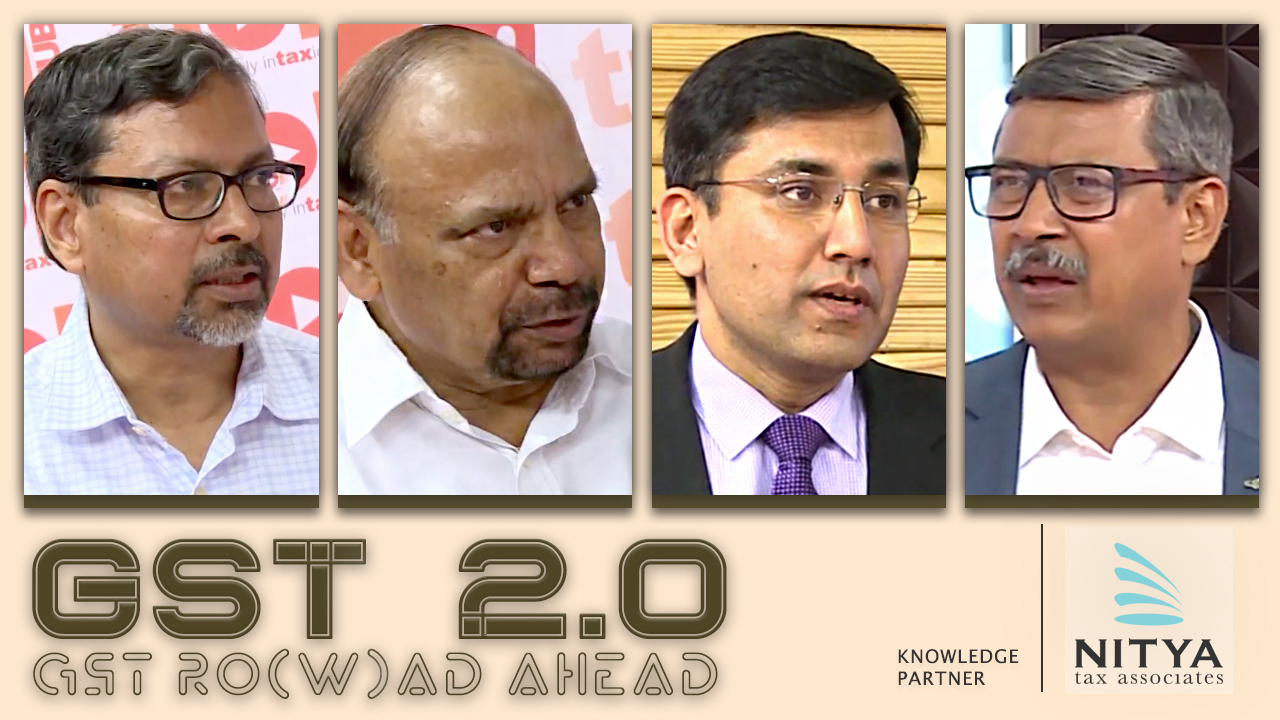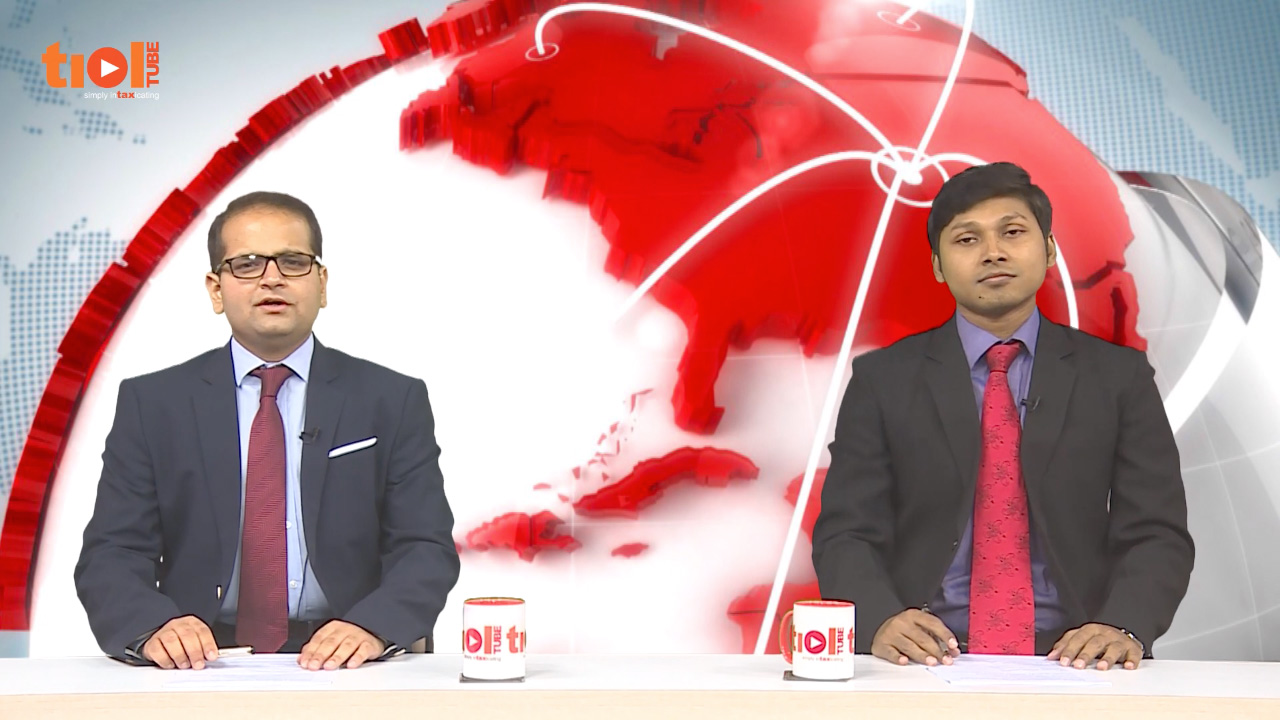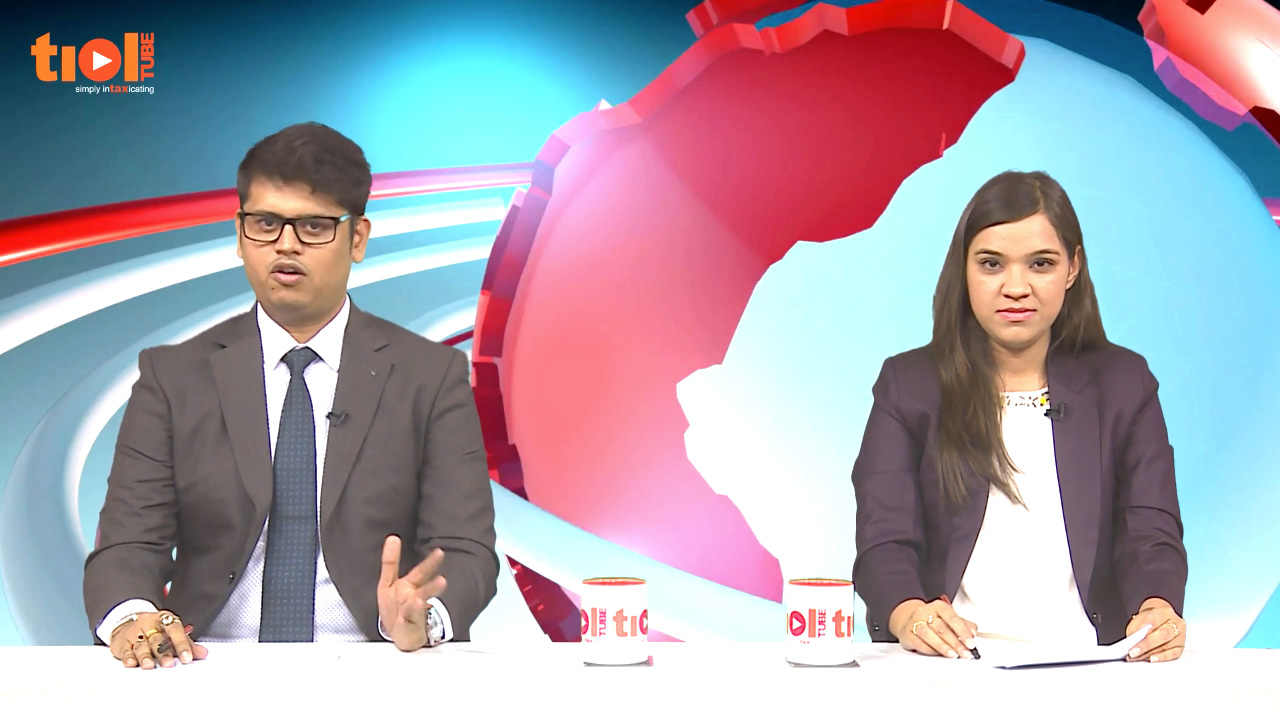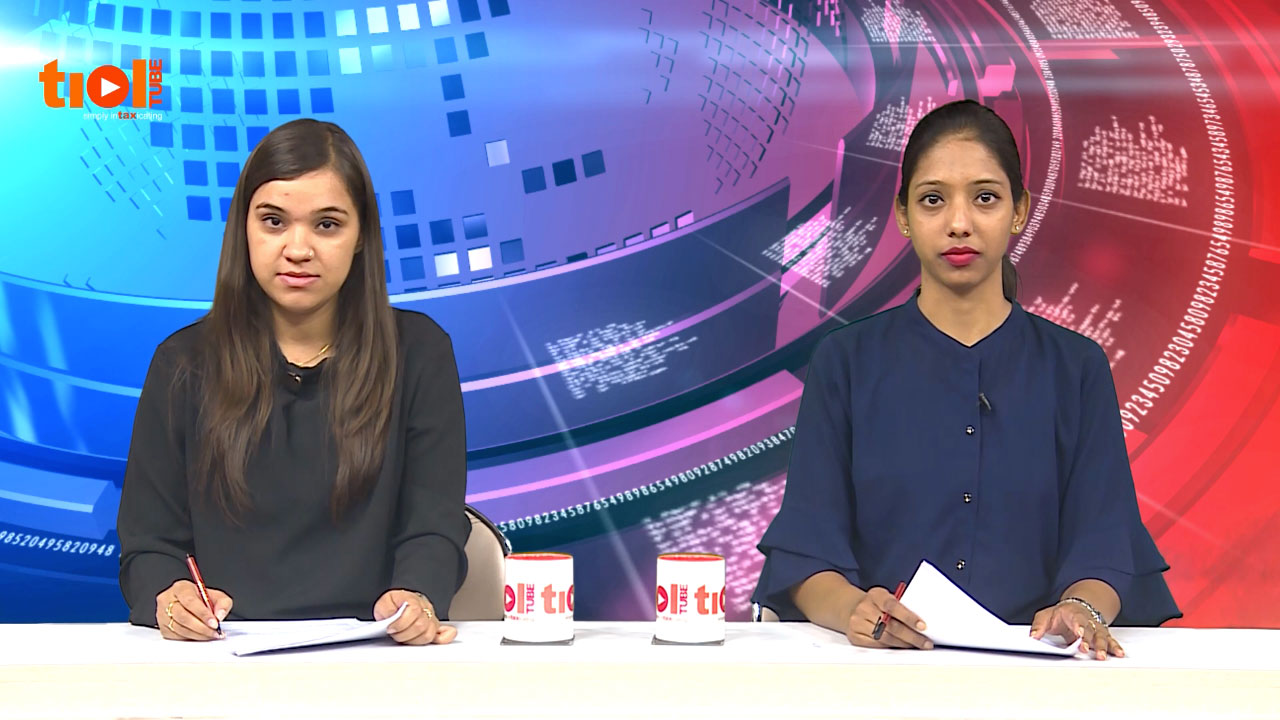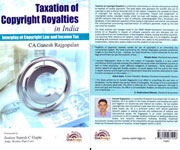|
SERVICE TAX
2019-TIOL-1539-CESTAT-KOL
CCE , C & ST Vs Permanent Ip Systems
ST - The assessee-company is engaged in manufacturing public address system falling under Chapter 85 of the CETA 1985 - For manufacture of such goods, the assessee downloaded a software on a flash drive individually through a computer network - Such software in the ROM was loaded onto the Public Address System and then cleared on payment of Excise duty, as per agreement with a Taiwanese company - The Revenue opined that such activity of downloading the software would attract service tax under Online Information and Data Base Access and Retrieval Services u/s 65(105)(zh) of the Finance Act 1994 - SCNs were issued proposing to raise duty demands for the relevant period - On adjudication, the duty demand was raised with interest u/s 75 of the Act, along with penalty - Hence the assessee's appeals contesting such orders as well as the Revenue's appeal contesting one such order.
Held: The service provider is situated abroad and so the demand was fastened onto the assessee under Reverse Charge Basis - In this regard, the Apex Court's judgment in UOI vs. Indian National Shipowners Association is applicable, where it was held that liability for service tax from foreign service providers arises only after Section 66A is incorporated into the statute w.e.f. 18.04.2006 - Hence the demand for the period upto 17.04.2006 is liable to be quashed - Nonetheless, the activity of downloading software from internet from service providers based abroad is covered under definition of Online Information and Data Base Access and Retrieval Services & tax liability arises for period between 18.04.2006 to January 2007 - As such software is burnt into the goods manufactured by the assessee, such activity will attract Excise duty at the time of clearance from the factory - If service tax is paid on reverse charge basis, the same will be available to the assessee as Cenvat credit in the form of input services - This leads to revenue-neutral situation - Even if service tax liability arises, the same will not be payable as per the Tribunal's decision in Anglo French Textiles as affirmed by the Apex Court - Where the tax liability itself does not arise, there is no scope for imposing penalty - Hence the Revenue's appeal is dismissed while those of the assessee are allowed: CESTAT (Para 3,8-10)
- Revenue's appeal dismissed: KOLKATA CESTA
2019-TIOL-1538-CESTAT-MAD
World Class Management Service Vs Commissioner OF GST & CE
ST - Assessee is engaged in business of man power supply - Pursuant to audit, it appeared to department that assessee had not discharged service tax liability for the period from April 2009 and March 2010, although they realized taxable value as well as service tax from their clients - After being pointed out by audit, they paid part of the arrears and filed ST-returns for half year ending 30.09.2009 on 27.08.2010 - However, ST-3 returns for half year ending 31.03.2010 had not been filed by them - Accordingly, SCN was issued to assessee inter alia, demanding said amount with interest thereon and also proposing imposition of penalties - The identical dispute involving non-discharge of service tax liability in spite of having collected the same from service recipient had been addressed by CESTAT Chennai in case of Jeyam Automotive wherein it was held when reasonable cause for the failure to discharge service tax liability was available, and especially there is no evidence to show that that the delay / default was due to any wilful act to evade payment of duty, it is a fit case for invocation of Section 80 of the Act - So also, in case of Sri Kalki Enterprises, in a case where assessee had pleaded that financial exigencies as a ground for non-payment of service tax in due time, this Bench held in favour of assessee in the matter of invocation of imposition of penalty - The facts and circumstances of two decisions are pari materia and that of appeal at hand - Applying the same ratio, Tribunal have no hesitation in holding that while the demand of tax liability is very much justified, imposition of penalty under Section 76 of FA, 1994 is not justified since there was reasonable cause for failure of assessee to discharge tax liability - However, the penalty imposed under Section 77 ibid is fully justified and no interference is made with the same - Appeal is therefore partly allowed by way of setting aside of penalty imposed under Section 76 of FA, 1994: CESTAT
- Appeal partly allowed: CHENNAI CESTAT
CENTRAL EXCISE
2019-TIOL-1537-CESTAT-MAD
KCP Ltd Vs CCE
CX - The assessee is engaged in manufacture and export of machineries and parts of sugar and cement industry - They were also involved in installation of sugar plants located in Vietnam for which they exported machineries and components of plants manufactured in their factory along with bought out machinery, components and assemblies - Department took the view that availment of Cenvat credit on bought out items was not in order and, therefore, proceedings were initiated against the assessee - The identical matter in their own case has been decided in their favour vide final order relied upon by him, for different period albeit has been decided in their favour - No new grounds or reasons found to deviate from the ratio already adopted - The impugned order cannot be sustained: CESTAT
- Appeal allowed: CHENNAI CESTAT
2019-TIOL-1536-CESTAT-HYD
Hindustan Petroleum Corporation Ltd Vs CCT
CX - The present appeal involves eligibility for credit in respect of Business improvement services, House keeping services, Airport Agency services, Pest & Rodent Control Services, Tanker Agency at Ports, Cleaning of Roads, Water Washing of Cranes, Data Digitization for Inspection Department and AMC for Godrej Make furniture.
Held: It appears that identical issues were resolved in the assessee's own case for a previous period, wherein credit had been allowed on all the input services in question, barring Cleaning of Roads service - Following such precedent, the matter in the present case merits being allowed in part: CESTAT
- Assessee's appeal partly allowed: HYDERBAD CESTAT
CUSTOMS
2019-TIOL-1535-CESTAT-KOL Rudra Vyaparchem Pvt Ltd Vs CC
Cus - The goods imported have been declared as "Polyester Bed sheet" and the classification has been declared under Chapter 63 as 'made up' article - What constitutes a made up article has been specified in Note 7 of Section XI of Chapter 50 - The essential distinguishing feature of made up article is that it should be produced in finished state and ready for use without sewing or other working - The fabric needs to be hemmed and stitched firmly in order to assume the shape of a bed cover/quilt cover/bed sheet - The imported goods, as presented, are in the form of fabrics folded and stitched roughly on two sides - The test report from both the expert agencies to whom samples were sent have concurrently reported that the goods cannot be classified as "made ups" but are more appropriately classified as "polyester woven fabric" - Further, test report indicates that the fabric is 100% polyester - The imported goods do not satisfy the test laid down in Section XI for 'made ups' - The expert opinion from two independent agencies has further established this fact - Consequently, no infirmity found in the view taken by Lower Authority to change classification from CTH 63041990 to CTH 4075490 - The demand for Customs duty under classification along with interest is also upheld - As regards to the confiscation of imported goods, the Adjudicating Authority has held that the assessee has mis-declared the goods and hence, the goods are liable for confiscation under Section 111(m) but the dispute is one of classification - The assessee has declared the classification of goods as per their understanding - The export invoice indicates the goods as "Polyester bed sheet" - The actual nature of imported goods for purpose of correctly classifying the goods become evident only after examination of goods and obtaining expert opinion - Consequently, the charge of misdeclaration cannot be fastened upon assessee - There is nothing on record to substantiate the view that assessee has intentionally misdeclared the goods - Consequently, the order of confiscation of imported goods - The penalty imposed under Section 112 (a) is also set aside: CESTAT
- Appeal partly allowed: KOLKATA CESTAT |



